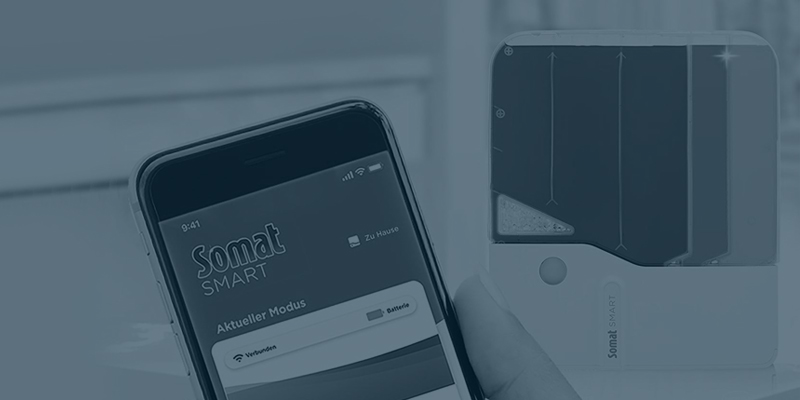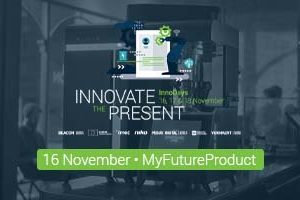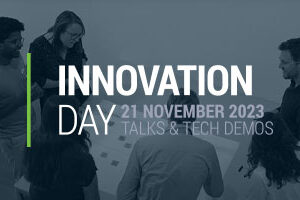FMCG companies are increasingly developing IoT devices, due to the reducing cost of technology and increasing possibilities of Artificial Intelligence. But what’s the aim? A new direct-to-consumer (D2C) trend has emerged lately, a new disconnected sales channel that increases consumer loyalty, satisfies specific unaddressed customer needs and allows strong differentiation. The market of connected devices addressing the D2C opportunity has started to grow explosively.
3 main characteristics of successful D2C connected devices
The market for AI-controlled devices for skin care products, such as personalized skin creams, is booming. The range of new direct-to-consumer products that use AI is growing every day. Such systems determine the ideal skin care product based on personal preferences, environmental factors and an AI system that determines the right skin type or specific characteristics only based on a few selfies.
At Verhaert, we investigated what makes one application of direct-to-consumer business more successful or not successful at all. We noticed that direct-to-consumer applications with a higher adoption rate in the market have a set of common characteristics. First of all, they’re integrating new technologies that make people’s lives easier, more ecological, inform them better thanks to digital tools or a combination of these. I.e. they play upon people’s purpose in life and therefor address a deeper level of connection with the product. We developed solutions to help people use less detergent, thereby reducing their ecological footprint and at the same time increasing convenience with a direct in-app purchase possibility. The Somat Smart is a connected smart dishwasher device that adjusts the timing and dosage of detergents to optimize the performance of any type of dishwasher, thus using the right amount of detergent and rinse aid. The Somat Smart has a lifetime of up to 6 months, which offers enormous ease of use to the customers. The integrated e-commerce link allows for easy online ordering.
All currently developed products are connected ‘FMCG tech’ products that will each provide a breakthrough in their sector by offering an enhanced quality experience addressing a deeper purpose, an improved performance and e-commerce integration. All made possible through newest advances in technologies such as AI, AR, chatbots and e-commerce platforms.
The MyFutureProduct framework is a blueprint for future connected products & services oriented towards D2C products, paying special attention to the user experience, value perception, technology building blocks, advanced interfaces, online platform & digital ecosystem enabling monetization.
The move into the direct-to-consumer business model has been accelerated significantly by Covid-19. According to our customers, the potential of connected devices in FMCG is huge for both business-to-consumer and business-to-business.





